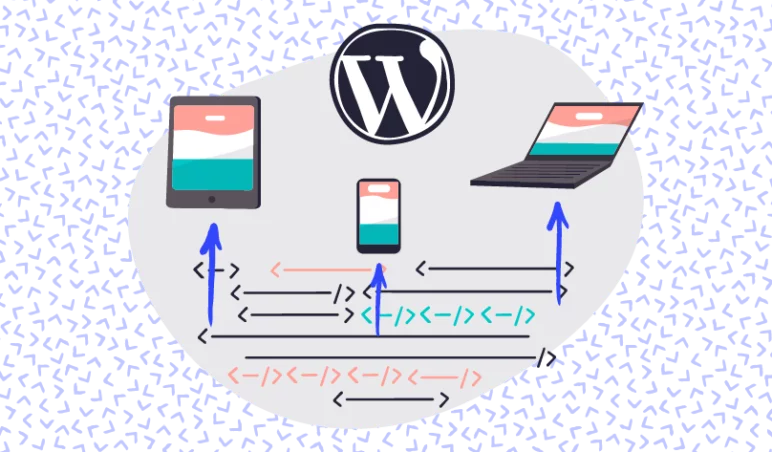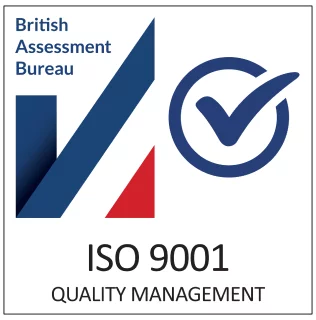If you are looking to upgrade your existing WordPress site to include eCommerce functionality, or using another platform like Shopify or Magento and looking for a new solution, WooCommerce can certainly help.
As one of the most extendible upgrades to WordPress, WooCommerce helps to bring eCommerce functionality to otherwise information or lead-generation based websites, and it now enjoys one of the largest market shares of all online shopping platforms.
Websites that use WooCommerce belong to the likes of The Spectator and The All Blacks, so you’ll be in good company should you choose to use it.
Below, we breakdown how to create an eCommerce website in WordPress using WooCommerce and explain the numerous benefits it has.
WooCommerce: How It Helps You Create An eCommerce Website In WordPress
WooCommerce has a range of features that can turn any WordPress site into an effective eCommerce experience.
Below, we detail WooCommerce’s major features to show how you can use WordPress for eCommerce.
Products
Products are the foundation of the WooCommerce experience. The platform allows you to create a product listing, as well as supply additional information such as descriptions, SKUs, prices, etc.
The integration also allows you to easily apply offers, discounts, coupons and other time-sensitive information on a product-by-product or user basis.
Products can be anything from simple, single-sale items, to complex multi-variation products with multiple options. Covering a multitude of different product types, WooCommerce can also be used to sell digital downloads such as media and eBooks, or even course bookings. Your product-selling possibilities are almost limitless.
Orders
Of course, an eCommerce platform would be useless without a fluid ordering system. WooCommerce allows for swift order generation, including: receipts, reference numbers, payments and record-keeping.
WooCommerce makes it easy to apply billing and shipping information, as well as details on how the payment was processed, its status and order details. There is scope to add notes and shipping statuses to orders too, which can be managed by your team and also shared with your customers In the way of order update emails too.
Refunds are also included into its functionality which, much like most of WooCommerce, is seamless and secure.
Customers
WooCommerce users can enjoy accurate and plentiful information about their customers. This includes billing and shipping addresses, emails, personal preferences and, most importantly, marketing preferences.
This is supplemented by the ability for customers to create their own in-store account, making marketing and re-orders of frequent purchases easier.
A regular upgrade performed by the team at Illustrate Digital is also providing customer access to invoices for previous purchases, taking some of the admin pressure away from in-house accounts teams, cutting down on multiple customer requests for information that can be made readily and securely available online.
Reporting
The benefits of WooCommerce don’t stop with customers, however. The platform allows eCommerce businesses to gain a better understanding of how they are functioning through in-depth reports and analytics.
The reports feature of WooCommerce allows businesses to track profits, product popularity, frequent customers, the rate of returning customers, etc.
Data is everything in eCommerce, so having the opportunity to get a quick-and-easy objective view of your business is worthwhile.
And this is just scratching the surface. With plenty of available extensions for WooCommerce, reporting can be made even more detailed and useful.
Extending and Integrating WooCommerce
Just when you thought the features contained in WooCommerce were already pretty rich, the open source nature of the platform, the huge number of available extensions, all paired with the REST API, makes it possible to grow and extend the options available to both you and your customers to an incredible degree.
WooCommerce Extensions
As of 2018, WooCommerce had 330 extensions available on their website, with over 1,000 plugins available to help gain a multitude of additional features and functionality.
Much like WordPress, WooCommerce is incredibly flexible and extensible, allowing a small store with a few products and a small amount of functionality to grow to a large store with hundreds of thousands of products and all the functionality you could shake a stick at.
It’s worth noting that not all plugins are made equal and, in general, we would recommend WooCommerce’s own plugins before looking at third party options. This is simply due to the level of customer support, testing and their own requirement to keep the extensions updated regularly. That said, there are plenty of other brilliant and well-trusted companies like Yith who provide some pretty incredible features for the WooCommerce platform.
You can probably see how WooCommerce can provide plenty of options for a variety of eCommerce needs, allowing an online store to be built and extended quickly and cost-effectively.
The REST API
Extensions don’t cover everything and for those eCommerce businesses looking for more custom functionality or an integration with existing systems (including data sources), the REST API can cover a limitless range of possibilities.
Whether you’re looking to synchronise your eCommerce website with ERP or CRM systems like SAP and Microsoft Dynamics, or looking to keep your accounts in line with Xero, Sage, Quickbooks and more, you can define your own businesses needs and have both systems working exactly how you need them to.
Beyond this, some eCommerce websites require product data to be fed from third parties or their own technology. The REST API makes this possible and allows you to feed whatever data you need into your eCommerce site to keep your products, descriptions, stock, pricing and more up-to-date.
What Are The Benefits Of WooCommerce?
WooCommerce has similar benefits as WordPress in that its major selling points are its usability, flexibility and ease-of-use. Oh, and it’s free.
Those who use WooCommerce can enjoy the following:
- The ability to load up to a million products quickly (that’s how many we’ve tested it to, in theory it could handle much more).
- Highly scalable features.
- The platform is open source, meaning businesses are safer. Unlike Shopify and other eCommerce platforms, WooCommerce is supported by a worldwide community dedicated to making it safe and keeping it up-to-date, meaning it’s less likely to disappear overnight like with other, more commercial models.
- Better SEO optimisation of product pages which improves traffic.
- Scope for creative, effective integrations. For example, we pioneered a Royal Mail integration to automate shipping and fulfilment processes.
- The adaptability to suit a range of industries.
- A modular system, meaning website owners have complete control over what their platform does, instead of straddling the boundaries of someone else’s commercial interest.
The best thing about WooCommerce however, as we’ve already mentioned, is its ability to expand. Users can add extra plugins and extensions to the platform and – when implemented by a professional developer – these can see a simple eCommerce business evolve into a multi-functional storefront.
Much like WordPress, WooCommerce gives you the scope to create the eCommerce platform you want.
Is WooCommerce Right For Everyone?
For most eCommerce businesses, WooCommerce works very well. However, it thrives for medium-to-large sized businesses when implemented well.
Issues can occur when it comes to the biggest of businesses, especially those who are enterprise-based. For these cases, hybrid or bespoke solutions are worth considering, such as using a headless or multi-CMS approach. This shouldn’t be viewed as a potential negative for WooCommerce though, no single solution will suit every available need, but a combination of two platforms will cut it very close.
So, if you’re a scaling business or large and well-established brand, WooCommerce can become the ideal solution for you.
Why Should I Use An Agency To Implement This?
Since WooCommerce makes things so easy, why should you bother hiring a specialised agency to integrate and manage it for you?
Much like setting up a basic WordPress site, implementing WooCommerce can feel straightforward. However, to configure and optimise it properly and ensure it works for the long-term, hiring a WooCommerce expert early on can make a world of difference.
As experts, we can nullify early problems people can run into. Commonly, new WooCommerce users try to cram too much in and, as a result, end up with an implementation that is inefficient, bloated and often off-the-shelf.
We can make sure a minimal amount of code is used so it runs efficiently, circumventing the need for data-intensive themes or tertiary plugins.
The inexperienced can sometimes miss a few fundamentals during implementation, too. We manage security features, theme structures and what aspects need to be turned off to run smoothly.
Other solutions such as implementing the fundamentals of good eCommerce SEO, mobile-first design and finding the right host are also included.
As with anything else, we can be there at the start to set you and your business up for the long-term. Early shortcuts can become big problems later, and we’re here to stop that from happening.
See How Our Expertise In WooCommerce Can Help You
If you think your business can benefit from a new eCommerce platform, then discover our WooCommerce development solutions.
As the go-to WordPress experts, you can trust us to develop your online sales, implement creative integrations and make your brand’s digital experience better.


















